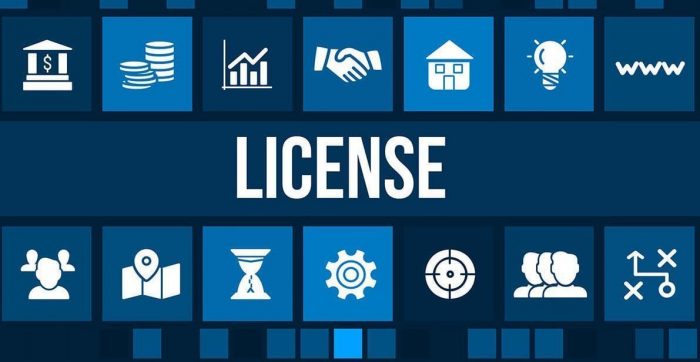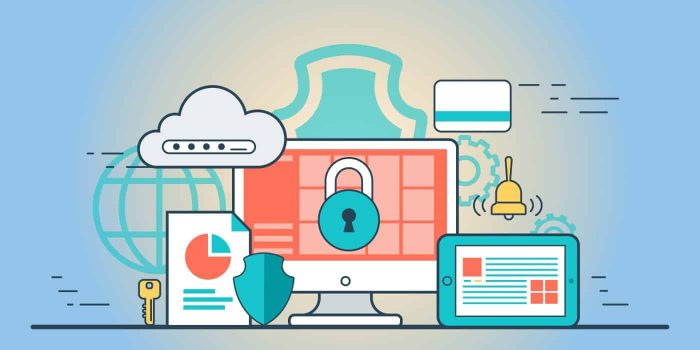The digital world is changing fast, and more businesses are aligning themselves with open-source…
Software Licenses
Choose an open source license
Browse Software Licenses
Why do you need an open-source license?
I work within a community
It is easier to continue working with or expanding an existing project under an existing license. It may not be what you want, but it works much better if starting a new project without a license in place. You can find ways your project can fit right in by finding the suitable license required in the community collaboration. If it’s unavailable under the License, CONTRIBUTING.MD, or README.MD sections of the license, you can ask the maintainers to share the license.
If the community doesn’t use a license, you can politely ask them to add one, stipulating why it’s essential not just for yourself but for every user. This approach legitimizes projects and invites members to cement their contributions to any given project.
I want an accommodative license
Having a license that’s not complicated is ideal. That way, contributors are at liberty to modify software that fits their needs with minimal restrictions. That includes studying, making, and distributing closed-source versions of the same. With this kind of freedom, owners and contributors are better suited to complete projects that meet their needs.
The MIT License is ideal because Babel, Rails, and .NET use it.
I want to share enhancements
Many prefer the GNU GPLv3 since it lets people do near-unlimited functions. It makes available the licensed works’ complete source code and modifications. The only restriction is they cannot distribute closed source versions, meaning the copyright and license notices must be preserved.
Software using GNU GPLv3 includes Bash, Ansible, and GIMP.
I can’t find what I need
The project I am working on doesn’t involve software
Open-source software can be used for non-software projects. They are often the best choice, especially when they get edited and the offered as a source version. You can use licenses instead of open source licenses containing data, media, documentation, and fonts.
I require more choices
What’s best about open source licenses is they grand permissions for anyone to use, modify and then share for any purpose. There are conditions preserving the openness and provenance of the software. Look at the list of the available licenses.
I prefer not to choose a license
What happens if I don’t want to choose a license? This preference is typical when you create work that includes code, automatically putting the work under your exclusive copyright by default. That means that if you don’t include a license that specifies otherwise, others cannot copy, distribute or modify your work. If they do, they risk take-downs, searches, or litigation. For contributors with licenses, you all have to collaborate to move forward. You can offer an open license for creative work to avoid restrictions.
Latest Blog Posts
What is Software Pricing (How it works + more)
Any commercially available application incorporating capabilities for automated pricing analysis…
What is a Private Software License? (When to use it?)
A private software license simply means that the developer is the sole licensed user of the software.


